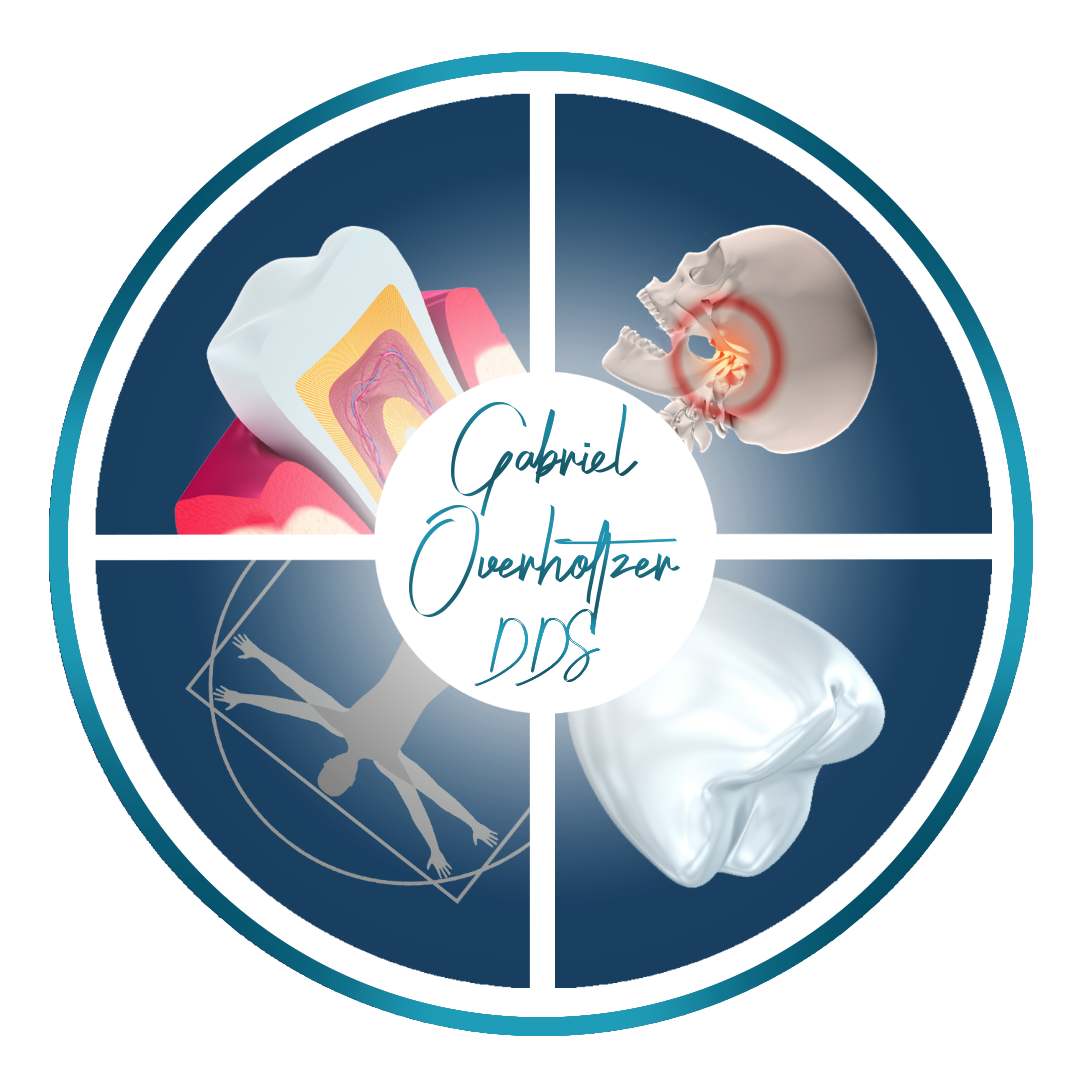Dental implants in Bishop CA or anywhere else have revolutionized the field of dentistry, offering a durable and natural-looking solution for replacing missing teeth. These versatile restorations come in various types, each designed to address specific dental needs. In this article, we will delve into the world of dental implants and explore the diverse options available to patients seeking to restore their smiles.
Endosteal Implants
Endosteal implants are the most common and widely used type of dental implant. They consist of small, screw-like posts made of biocompatible materials such as titanium, which are surgically placed directly into the jawbone. These implants serve as sturdy anchors for artificial teeth, such as crowns, bridges, or dentures. Endosteal implants are versatile and suitable for most patients, provided they have sufficient bone density to support the implant.
Subperiosteal Implants
Subperiosteal implants are an alternative option for individuals with insufficient jawbone density to support traditional endosteal implants. Instead of being inserted into the bone, subperiosteal implants are placed underneath the gum tissue but above the jawbone. A metal framework is custom-made to fit the shape of the jawbone and serves as the base for attaching artificial teeth. Subperiosteal implants are particularly beneficial for patients who cannot undergo bone grafting procedures.
Zygomatic Implants
Zygomatic implants are specialized implants designed for individuals with severe bone loss in the upper jaw, particularly in the area of the zygomatic bone (cheekbone). These implants are longer than traditional endosteal implants and are anchored in the dense zygomatic bone. Zygomatic implants offer a viable solution for patients who would otherwise require extensive bone grafting procedures to support standard implants.
All-on-4 Implants
The All-on-4 implant technique is a groundbreaking solution for individuals missing an entire arch of teeth (upper or lower). This approach utilizes four strategically placed implants to support a full set of fixed artificial teeth. All-on-4 implants are designed to maximize stability and minimize the need for bone grafting, making them a convenient and cost-effective choice for patients seeking full-arch restorations.
Mini Implants
Mini implants are smaller in diameter than traditional implants and are often used in cases where space is limited or for securing removable dentures. They require less invasive surgery and offer a quicker recovery time. Mini implants are suitable for patients who may not be candidates for standard implants due to medical conditions or limited bone density.
Immediate Load Implants
Immediate load implants, also known as same-day implants or teeth-in-a-day, allow for the placement of artificial teeth on the same day as implant surgery. This innovative approach minimizes the waiting time for tooth restoration and provides patients with immediate functionality and aesthetics. Immediate load implants are ideal for individuals looking for a rapid and convenient tooth replacement solution.
Conclusion
Dental implants have transformed the field of restorative dentistry, offering a diverse range of options to address various patient needs. Endosteal implants are the most common and versatile, while subperiosteal implants provide an alternative for those with bone loss. Zygomatic implants tackle severe upper jaw bone loss, and All-on-4® implants offer a comprehensive solution for full-arch restorations. Mini implants cater to limited spaces and special cases, and immediate load implants provide the convenience of same-day restoration. Consulting with a skilled dentist or oral surgeon is essential to determine the most suitable implant type based on individual circumstances and treatment goals. With the right choice of dental implant, patients can enjoy a renewed smile that is both functional and aesthetically pleasing.
